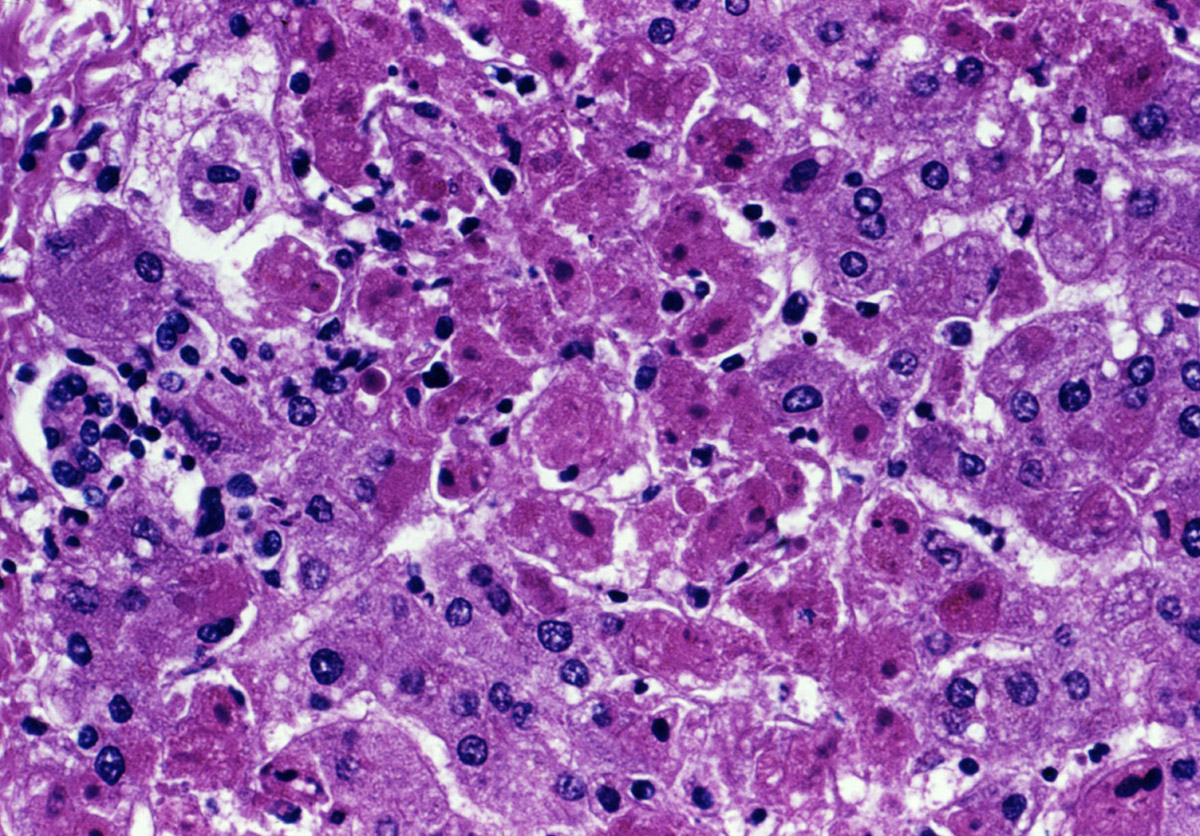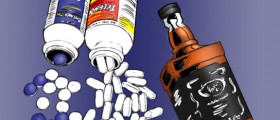
There are two types of liver failure.
The first one is called acute liver failure and it occurs as a rapid decline of all functions, eventually resulting in a coma. It is usually due to some trauma or a reaction to certain prescription drugs and sometimes even an overdose of acetaminophen, a non-prescription drug used to relieve pain and reduce fever.
Chronic liver failure on the other hand, happens gradually and over time. Its early symptoms are similar to a number of other diseases and therefore it may be hard to diagnose. This includes nausea, poor appetite, diarrhea and weariness. People in the earlier stages of liver failure often associate their symptoms with some eating disorders.
As the symptoms worsen, they become more severe.
Jaundice is the main indicator of liver failure. The appearance of jaundice is automatically associated with the problems in the liver. What happens is that the skin changes its color to an unnatural yellow shade. This can happen to the white of the eye as well.
Another sign of liver failure is a pale-colored stool. This arises as a result of the inability of the liver to discharge bile, a product which helps with digestion and is required to leave the body.
The liver is not capable of producing proteins, so the body becomes more susceptible to bruises and injuries.
Besides these, the effects of liver failure include severe itching, abdominal pain, bewilderment, depression and even seizures.
In the majority of cases, chronic liver failure is a result of alcohol abuse. Apart from that, infectious diseases like hepatitis B and C affect the liver as well, or it can arise from malnutrition.
The treatment for liver failure is completely dependent on the cause. However, the liver has an extraordinary ability to restore itself to the previous state, unless the damage is too advanced. Consumption of alcohol is to be avoided at all costs, and in the case of acute liver failure caused by acetaminophen overdose, it is handled by trying to overturn its effects. If in any case the liver should be far too damaged, the last option is a liver transplant.
However, the best thing to do is to make sure not to be in that kind of a position and taking care of the liver really is not all that is difficult. Simple restraint when drinking alcohol, a balanced diet and regular vaccination against infectious diseases should be more than enough.

















Your thoughts on this
Loading...